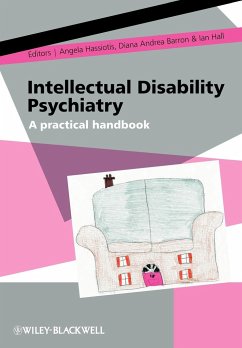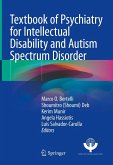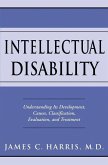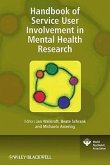Intellectual Disability Psychiatry is a comprehensive and accessible guide to the management of mental health problems in people with intellectual disabilities. A clear and user-friendly handbook, it will help busy healthcare professionals develop their understanding of the mental health problems of service users with intellectual disabilities. Most importantly, it will help them make an accurate diagnostic assessment and develop and implement an holistic, person-centred, evidence-based management plan. Topics covered include the classification of mental disorders in intellectual disability, the clinical assessment of specific disorders, psychological, psychopharmacological and social interventions, and the practical, legal, and social aspects of supporting service users with intellectual disability who have mental health problems. Written by practising psychiatrists for psychiatrists and other health professionals and care managers who meet people with intellectual disability in clinical settings, it provides practical advice on assessment and intervention for mental health problems ¿ Information clearly displayed in tables and boxes, accompanied by further detail within the text ¿ Easily assimilated format, ideal for use in both clinical and community settings Intellectual Disability Psychiatry: a practical handbook is essential reading for both consultants and psychiatrists in training, as well as other health professionals supporting people with intellectual disabilities in the full range of clinical and community settings.
Hinweis: Dieser Artikel kann nur an eine deutsche Lieferadresse ausgeliefert werden.
Hinweis: Dieser Artikel kann nur an eine deutsche Lieferadresse ausgeliefert werden.
"This book is not, and does not, claim to be a scholarlytreatise, but it will be useful to many service providersinterested in improving their clinical skills in the area ofID." (Journal of Policy and Practice inIntellectual Disabilities, 1 December 2012)"I enjoyed reading this book. The book is a useful guide for allprofessionals working with people with ID, and is likely to beparticularly valuable for psychiatric trainees attempting to passexaminations such as the membership examination of the RoyalCollege of Psychiatrists." (Journal of Intellectual DisabilityResearch, 2010)








